We work to gain in-depth knowledge of the region and its problems


The Fundació Salut Empordà (Empordà Health Foundation, FSE) acts, in accordance with its mission, as a health and welfare agent of the territory. It is this mission that drove it to lead, since 2018, the creation of the Health and Social Pole of the Alt Empordà, which has its central office in the FSE.
The aim is to configure this Pole, firstly, as a changeover point of the paradigms of the current services for others which are integrated and centred on the person, and secondly, as a space of participation and meeting point on business, social, educational and institutional activities.
The work carried out to date has created INDIKA with the vocation to act as an observatory and with the mission of favouring the production of knowledge on the impact of the social determining factors on health. It seeks to provide quality statistical information to the various agents of the territory (private individuals, entities, institutions or political figures) as a useful source of information to enable them to take strategic decisions based on objective data.
This information should allow directing cross-sector strategies and aligning the health and social agents in order to work in coordination and provide a better response to the health needs of the population.
The project enjoys the collaboration of the University of Girona through its Research Group in Econometrics and Health (GRECS), the Figueres City Council and the Alt Empordà District Council. It has been created with the support of the European Regional Development Fund (FEDER) within the framework of the project “Girona, Healthy Region” (Projecte d’Especificitat i Competència Territorial, PECT), which also has the participation of the Girona Provincial Council, Dipsalut and the IdibGi.

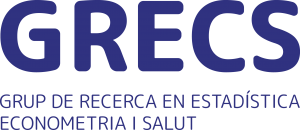
![]()
![]()

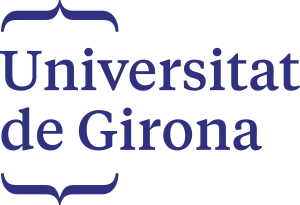
![]()


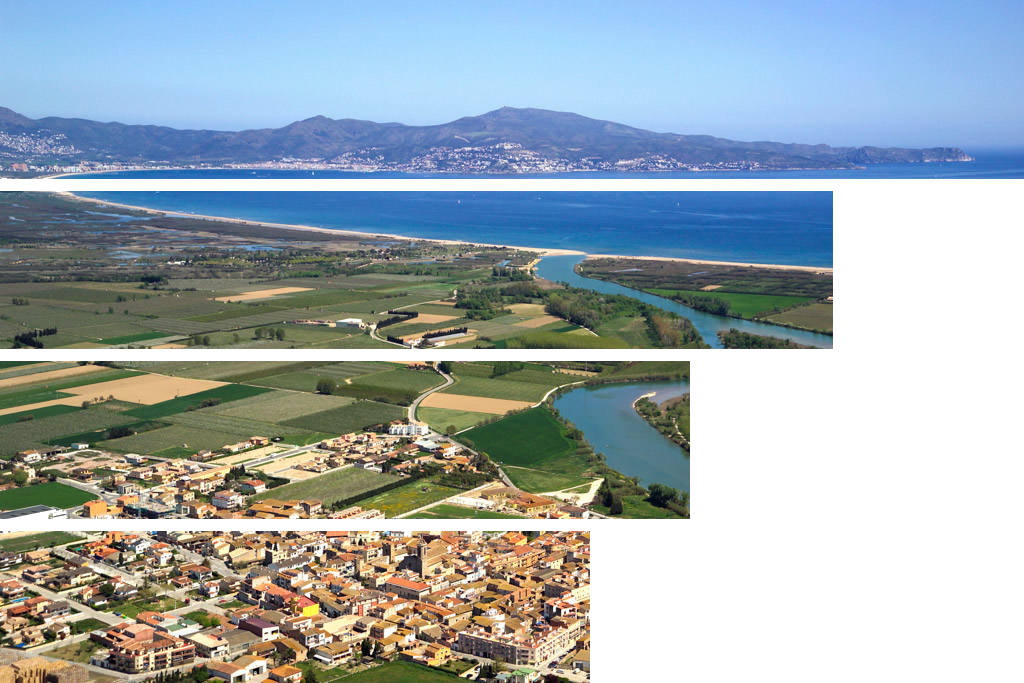
The Empordà Health Foundation wants to assume joint responsibility for the improvement of the health of its population along with the other agents of the territory. In this respect, and in order to generate knowledge in the evolution of the social determining factors and their impact on health, it is promoting a new initiative. This initiative will be focussed on going into greater depth in the knowledge acquired and in the formulation/precision/implementation of these actions, both intersectorial and for articulating healthcare and social strategies.
These strategies will be developed and focussed on people, in order for all their needs to be taken into account, and on the basis of the following various dimensions: bio-psycho-social, physical, psychological and setting-related. For this reason, since there is progressively greater availability of more structured information which is reviewed and updated on a more frequent basis, it is proposed to have tools which would allow continuing to monitor and evaluate the situation of the territory of Alt Empordà district and the municipality of Figueres.
INDIKA will also coordinate with other initiatives which will be promoted at the Girona level with the Healthy Region Project.
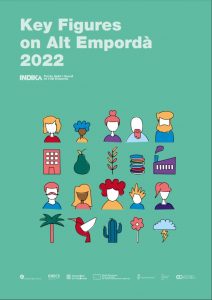
The purpose of INDIKA and its collection of reports is to analyse various parameters of the territory in the form of an observatory to place in context later and more specific documents on health and social setting and their conditioning factors, all in line with the rest of the information generated by the Observatory of the Girona demarcation.
The publication Key Figures of the Alt Empordà 2022 presents a selection of statistical data on the Alt Empordà and the Girona regions. The objective of the document is to provide a set of representations of intuitive, clear and concise data on some of the available indicators of the Alt Empordà, with the intention of contributing a strategic overview of the current state of the district. This publication follows the line of the EUROSTAT document Key Figures on Europe.
The publication is divided into three chapters:
You can consult the four versions of the document in PDF format: CATALAN / SPANISH / ENGLISH / FRENCH
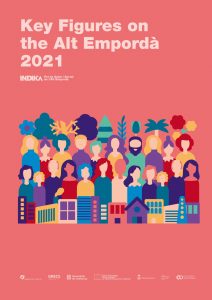
You can consult the three versions of the document in PDF format:
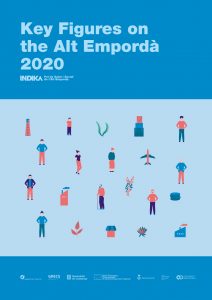
You can consult the three versions of the document in PDF format:
DOI 10.48334/l9109-5826-6199-l
It is estimated that up to 80% of the determinants of health are outside the sanitary health field, depending more on factors such as social, economic, demographic among others. It is for this reason that the creation of the Key Figures on Alt Empordà has been promoted, which aims to cover a significant part of all these determinants.
The following interactive maps provide a more visual and expanded form of these indicators, with more expected to be added over time.
Breast cancer is one of the main causes of mortality in women over 35 years of age. Early detection is important both to reduce mortality and to avoid the more aggressive treatments that are necessary in the most advanced stages of the disease. The breast cancer early detection program invites all women between 50 and 69 years old and consists of a mammogram (x-ray of the breasts) every two years. Here the results are presented sectorized by each Basic Health Area of the Alt Empordà. A total of 98 breast cancers have been detected through the screening program throughout the region between 2019 and 2022.
It is possible that some of the women invited have had a mammogram on their own through entities outside the screening program, a sector that is added to the participation values to establish program coverage.
Early detection of colon cancer is especially important for its treatment. The entire population is systematically invited, divided by Basic Health Areas (or ABS, in catalan) of the selected risk age group (over 65 years of age) to perform a Fecal Blood Screening Test (or PDSOF). In case it tests positive, a colonoscopy is invited through which the presence or absence of colon cancer can be confirmed.
This is part of a Screening Program throughout Catalonia that in l’Alt Empordà ends at the Fundació Salut Empordà.
The time it takes from the start to the end of this entire process among the same group of patients is called round.
Since 2016, up to three rounds have been opened and closed in 2016, 2018 and 2020 respectively.
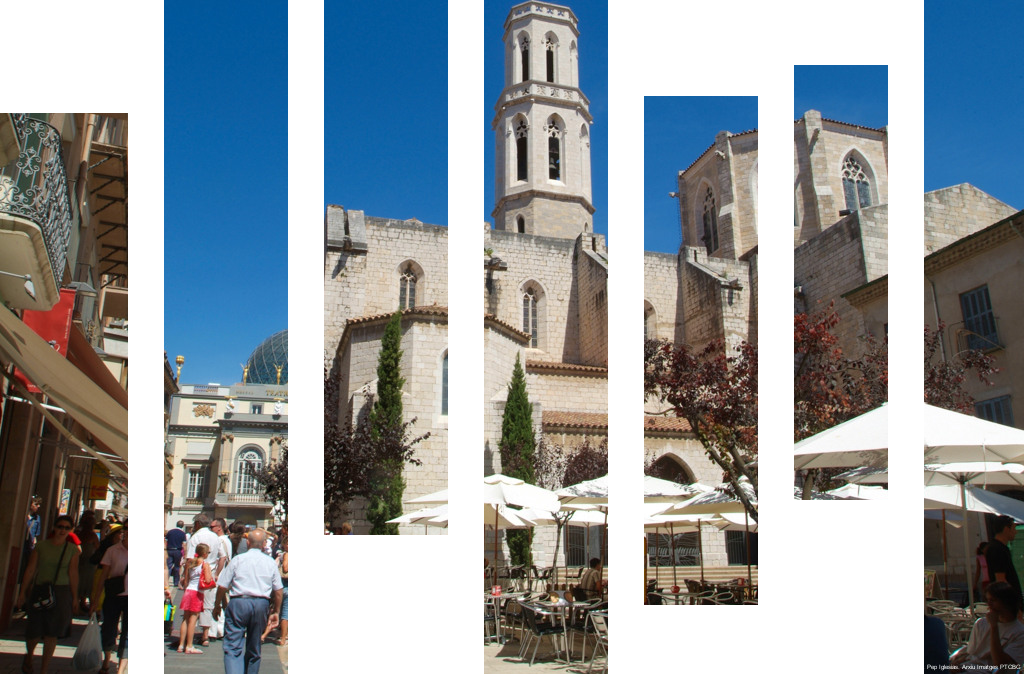
*see also the Infographics section
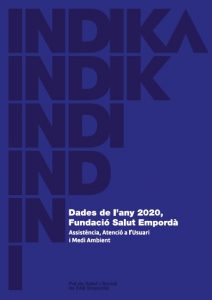
You can consult the version of the document in PDF format here.
More information: Table of births_2015-2019